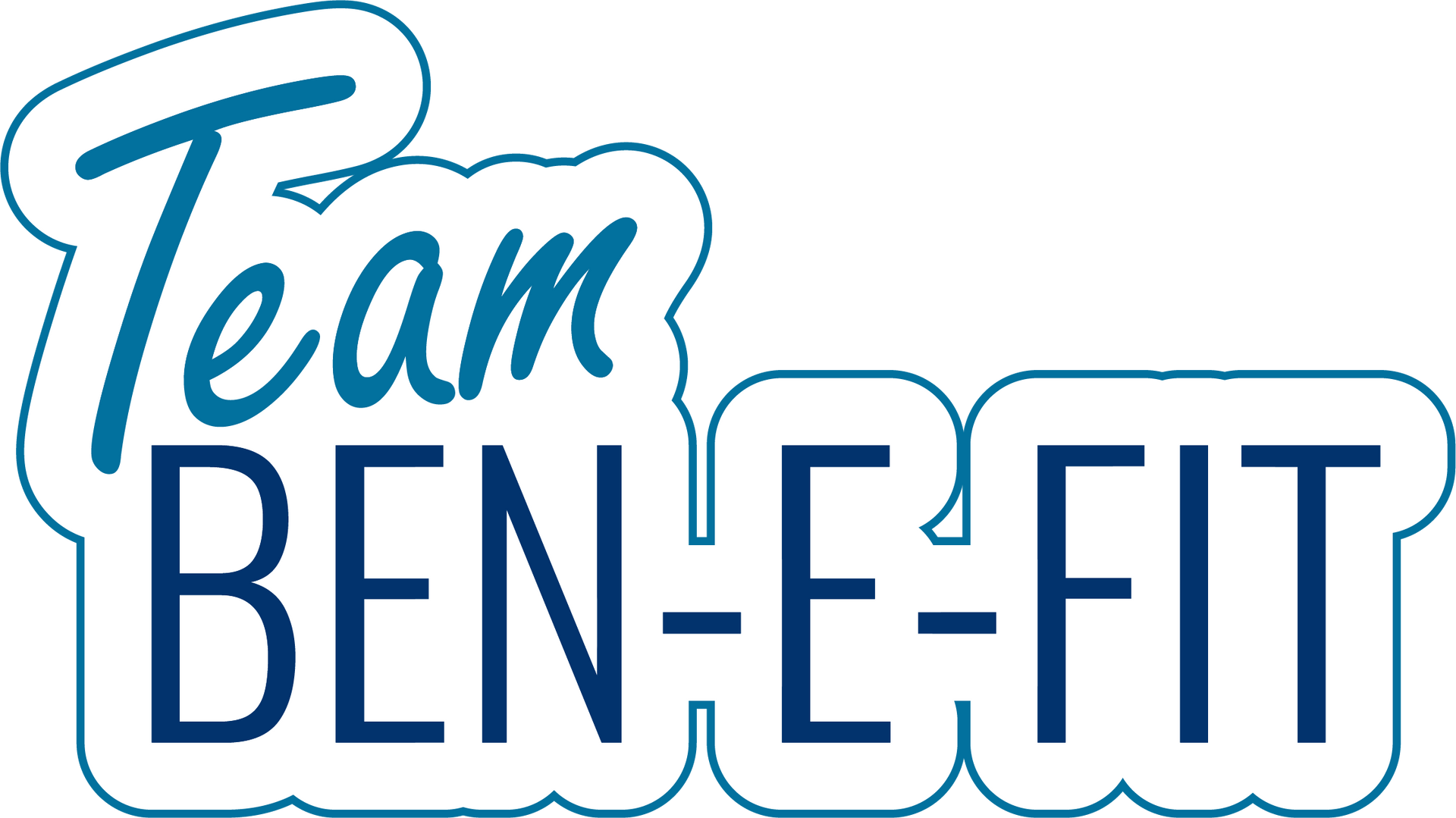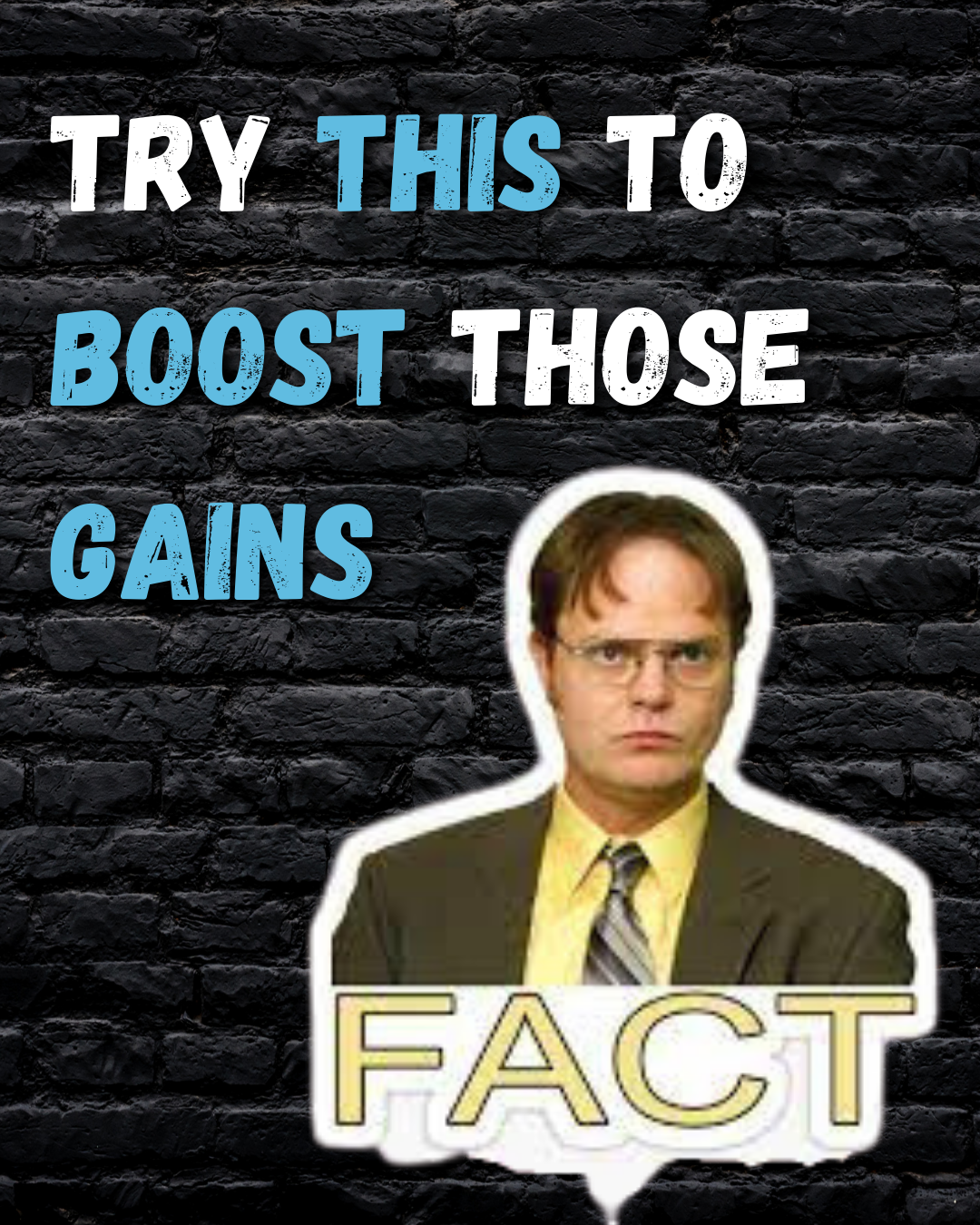KEEP IT SIMPLE
I have spoken to several people this week asking for help regarding their progress towards their fat loss goals.
And a few really simple things cropped up almost every time.
- Do you track your food & drink intake?
- Are you consistently exercising?
- Does your daily activity fluctuate significantly from week-to-week?
- What are you basing ‘progress’ on?
If we look at each of these in turn, there are some pretty simple guidelines that can be followed.
- Do you track your food & drink intake?
If the answer to this is no, it is nigh on impossible to progress. Without first understanding and acknowledging your starting point, there is nowhere to go!
If the answer is yes, that’s a great place to start.
Typically my next question is to ask if you are tracking EVERYTHING – this is where it can get a little interesting!
You make a note that you had a coffee – but fail to record the 2 sugars added
You jot down that you had ‘cereal’ – but have no idea how much and forget to also record the milk it was eaten with
You don’t even consider those biscuits you grabbed in the office, or the slice of cake for someone’s birthday (and if you are in a decent sized workplace like I was, it is ALWAYS someone’s birthday!)
So, be really honest with yourself here.
Record EVERYTHING.
Understand the importance of measurements and quantities to ensure you are recording consistently.
2. Are you consistently exercising?
Are you training the same number of times per week?
Is the intensity of those sessions consistent?
Did you miss a session or two this week?
Again, understanding why these are important to monitor progress is really key.
If you missed a session, or the number of times you exercise is very ad-hoc, there will always be fluctuations in the results you see from week-to-week.
Being consistent is the best way to monitor longer term progress.
3. Does your daily activity fluctuate from week-to-week?
Another area that can potentially have a greater impact than the gym or exercise sessions could be your daily activity levels.
Do you know how many steps you perform each day, or over the course of a week?
Did you have something during one week that created a greater activity level than the previous one or two?
You may have gone out shopping for the day, for example, and been on your feet all day. Or attended a family function.
On the whole, many of us probably have, on average, fairly similar patterns of movement, particularly if we work for a certain number of hours in a very similar role each day.
While I do not currently own any kind of movement activity tracker, and would question the accuracy of those which provide calories burnt measurements, I do believe they can be a very useful way of monitoring and understanding general movement patterns.
So if you have no idea of your daily activity levels, or would like to have that something to ensure that you hit certain targets, one of these wearable devices could be of help.
4. What are you basing ‘progress’ on?
This could be very subjective!
Is it your weight?
Certain body measurements?
How often are you taking such measurements and at what time of the day?
There are a lot of variables here.
I would always advise a weight measurement to be taken first thing in the morning upon waking, before the intake of any food or fluid, using the same set of scales in the same place of the house.
This ensures, to a large extent, that conditions are predominantly the same from measurement-to-measurement, enabling consistent comparison to be made.
I would also advise that the measurements are taken weekly, ideally on the same day each week.
In addition there are also a few key points I’d like to highlight
- Progress is not linear!
- Do not expect to see the same results occurring every single week
- One week, you might lose 3lbs, the next 1lb or nothing at all
- This is to be expected as your body adapts
- As you become leaner, fat loss gets harder!
- Your body will fight to retain those energy stores
- Don’t try to lose fat too quickly!
- You could impact your health
- And also potentially develop unhealthy relationships with food and exercise
- Creating or increasing a calorie deficit does not have to mean less food!
- There are other options – increase your energy output
I hope that goes some way to helping you understand where a good place to start is and some potential pitfalls along the way!
If you’d like any more advice, support and guidance please feel free to get in touch with me, I’m here to help!




